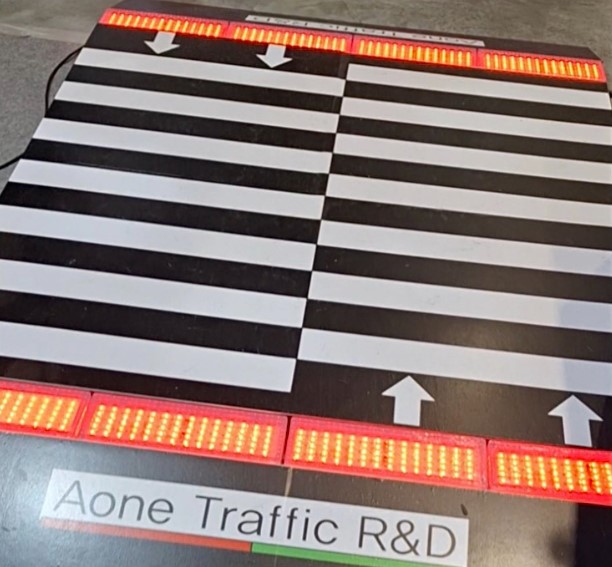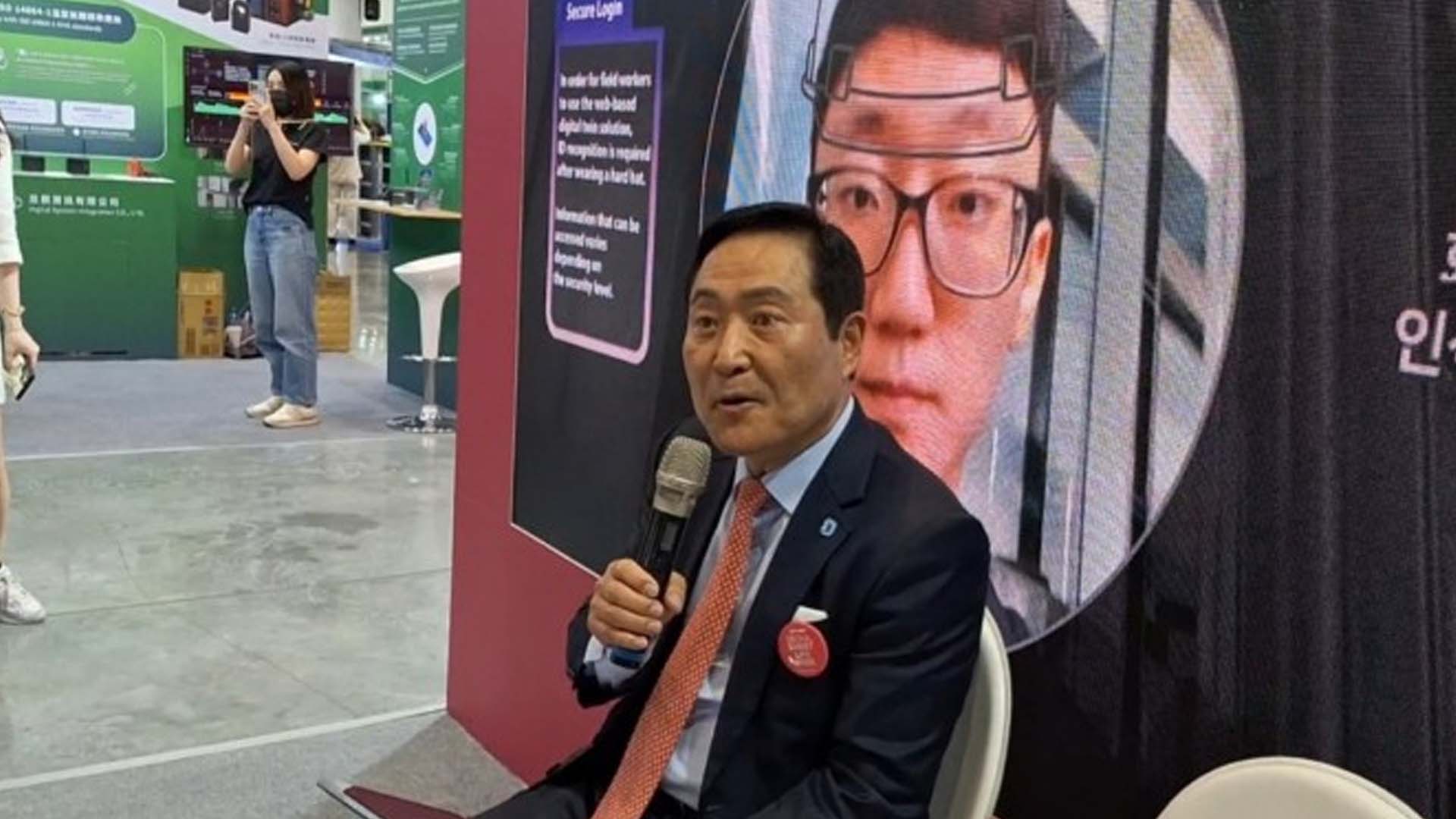South Korea’s capital Seoul is determined to push for digital and green projects to improve the people’s quality of life, attract investments and foster further collaboration with the international community in turning these visions into reality.
Speaking to international media members on the sidelines of the 2024 Smart City Summit and Expo on March 21, Seoul Digital Foundation (SDF) president Yo-sik Kang said the establishment of smart cities should be aimed at creating a people-centered lifestyle rather than just introducing new technologies.
He said the public sector, for instance, must establish firm digital transportation strategies and approaches “with responsibility”.
Kang said these efforts must also support measures to combat the effects of climate change.
As an example, he said, the Seoul Metropolitan Government has introduced the “Climate Companion Card” to encourage public transport use.
Launched in late January, the card serves as a unified pass for unlimited 30-day train and bus transportation for a single charge of 62,000 Korean won (KRW) (around PHP2,600), while an additional 3,000 KRW (PHP125) would be charged for those who would want to avail of unlimited use of “Ttareungi” bicycles owned by the city government.
In February, a youth discount for those aged 19 to 34 further cut the price range of the pass from 55,000 (excluding Ttareungi bicycles) to 58,000 KRW (PHP2,200 to PHP2,400).
“Also, Seoul Parliament Plaza in the center of Seoul is now transformed into a lasting space to create a garden city with more greens. SDF continues to pursue research projects for natural and green space creation and so on,” Kang added.
Seoul’s SCSE booth, meanwhile, showcased projects of local firms aimed at boosting smart city efforts.
These include Aone Traffic Research and Development’s LED (light emitting diode) floor-type pedestrian traffic lights at the bottom of the pedestrian waiting line.
This technology is equipped with a voice guidance assistance device allowing the public and the transportation vulnerable to safely cross the crosswalk through a voice signal, resulting in fewer pedestrian accidents.

Meanwhile, K4 Security features its decentralized ID-based product passport system, which uses identity verification technology and enables the digitalization of products and the achievement of carbon-centric goals.
Another firm The Spatial Party XR offered a 3D-based extended reality (XR) control system which enables quick onsite response by connecting the control room with real-time sensor data display and screen mirroring.
Upsight, meanwhile, highlighted its building management solution using artificial intelligence (AI) deep learning which focuses on four major areas – process, material, drawing and report management.
These methods aim to increase work efficiency and quality accuracy, check drawing-based production material volume, solve drawing changes and missing material problems and resolve work intensity and workforce issues.
Piquant, on the other hand, showcased an integrated real-time monitoring solution that can monitor up to 11 air pollutants designated by the World Health Organization and South Korea’s Environment Ministry.
Kang, meanwhile, said Seoul is set to stage its own Smart Life Week (SLW) on Oct. 10 to 12, aimed at providing a venue for networking and spreading innovation cases among cities and companies around the world by sharing smart city innovation technologies.
One of the highlights of the SLW is the Seoul Smart City Prize 2024, which recognizes institutions at the forefront of promoting human- and technology-centric approaches, with a particular focus on uplifting underprivileged sectors.
Luring investments
Meanwhile, the city of Sapporo in Japan also aims to lure more investments through digital and green solutions as it also wants to excel in the information technology, renewable energy and semiconductor industry.
In a separate interview during the SCSE, Hitoshi Yoshitake, senior manager of Japanese multinational company Pasona Inc., said the capital city of Japan’s northern Hokkaido Prefecture has a huge potential for renewable energy.
“There is a national project going on to produce a plant for the next-generation semiconductor, which is backed by Sony, Toyota and IBM. The company will start the production of the advanced semiconductors of two nanometers by 2025,” he said.
Yoshitake said Sapporo and its neighboring cities are going to form a so-called “Hokkaido Valley”.
“The IT or semiconductor or green-related industries will be concentrated. So in order to attain this goal, we need to invite more advanced foreign companies to this area. Yes, that’s why we are here,” he added.
In cooperation with the Hokkaido Prefecture government, the city of Sapporo serves as a one-stop shop for supporting foreign companies, offering assistance on recruiting media, human resource agencies and employment services, as well as property inspections arranged in cooperation with real estate agents.
Yoshitake also said they met with representatives from the Seoul city government on a possible collaboration toward green transformation and digitalization.
“We are also trying to realize the green transformation and also the digitalization of society. The goal is very similar, by the close cooperation with them, I think we can both achieve this goal,” he added. (PNA)





